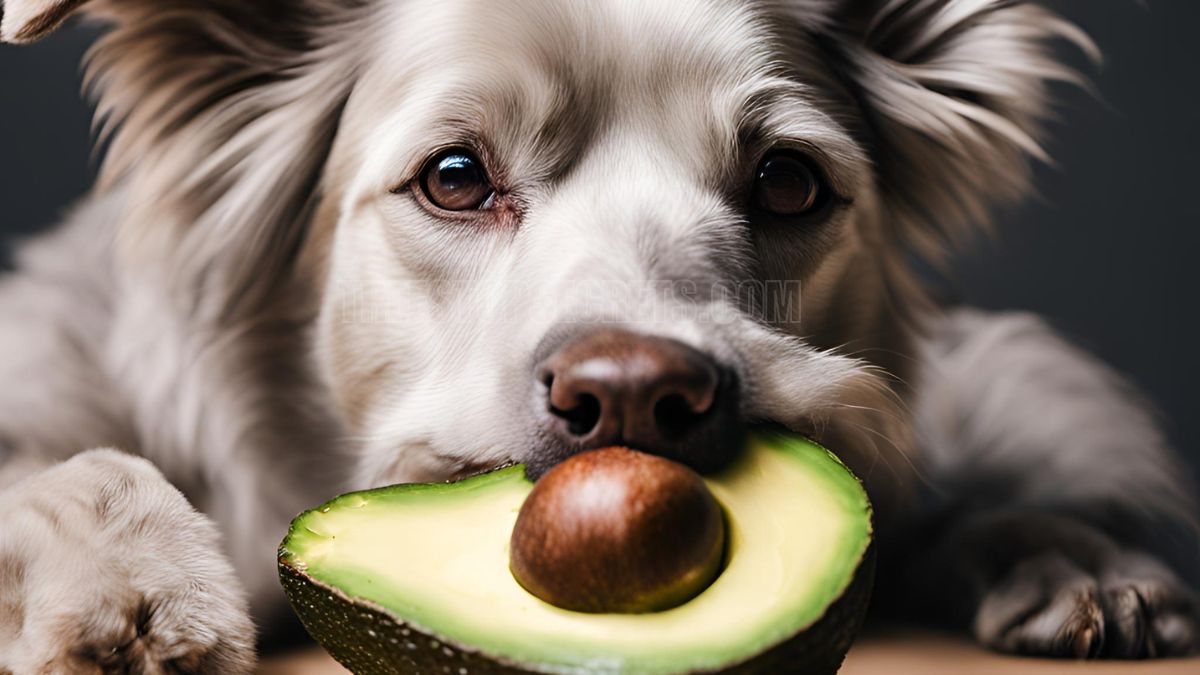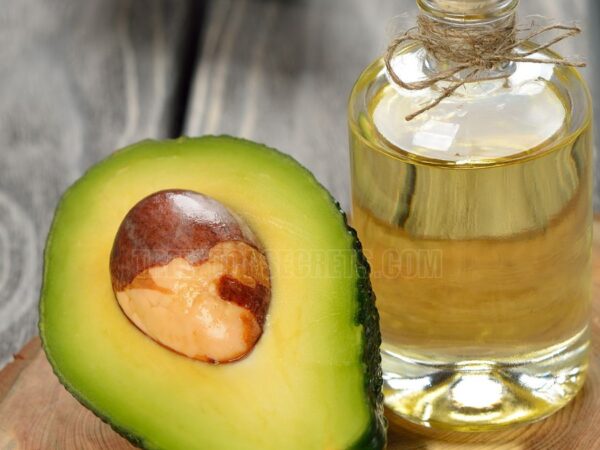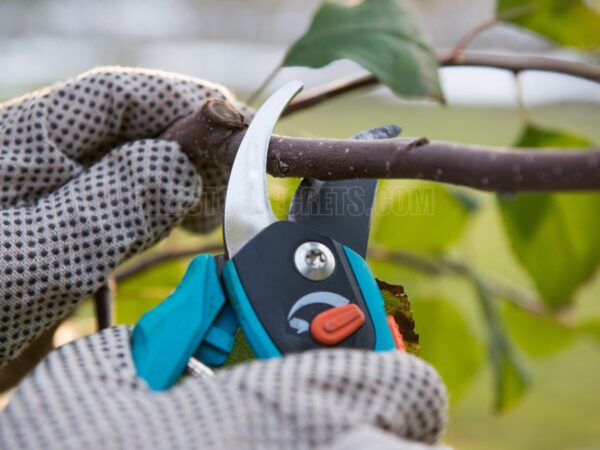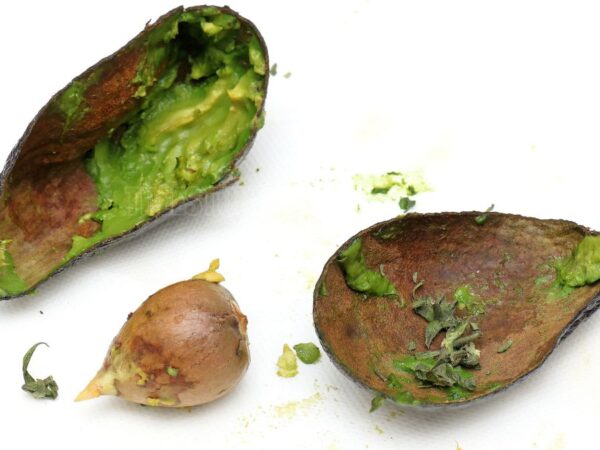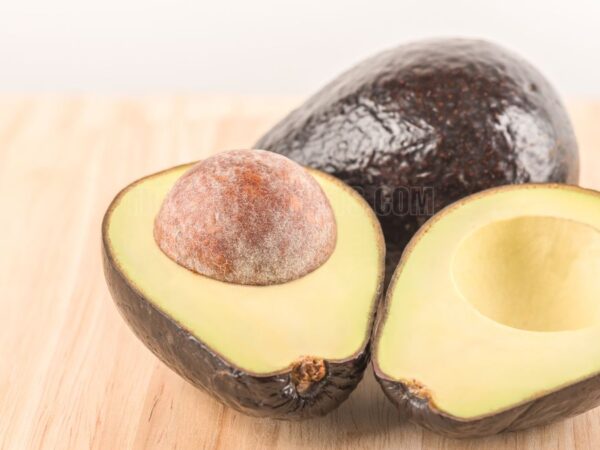Avocado is a popular fruit packed with nutrients for humans, but what happens if a dog eats avocado? As a pet owner, it's crucial to know whether this seemingly harmless fruit could pose a risk to your furry friend. In this article, we'll break down the potential dangers of avocado for dogs, including symptoms to watch for and what steps to take if your dog accidentally consumes it. Stay informed and ensure your pet’s safety with our easy-to-follow guide.
Avocado contains a substance called persin, which can be toxic to dogs in large amounts. Persin is found in the fruit, pit, and skin of avocados. While small quantities might not cause significant harm, consuming too much can lead to vomiting, diarrhea, or even more severe issues. It’s best to avoid giving your dog avocado altogether and consult a vet if you suspect they've eaten any.
Curious about how to keep your dog safe from common household foods? This guide provides all the essential details you need about avocado and dogs. Discover what steps you should take if your pet gets into something potentially harmful. Read on to ensure you’re well-prepared to protect your furry friend!
Avocado and Dogs
Persin: The Risky Part of Avocado
Got avocados in the house and a fur baby underfoot? You need the lowdown on the risks. Avocados have a sneaky compound called persin. Not great news for dogs. The exact amount to reach toxic levels is still a big mystery, but eating enough of it can make your dog throw up or have diarrhea (American Kennel Club (AKC)). For birds and some other animals, it's even worse.
What happens if Fido grabs an avocado snack?
| Symptom | Severity |
|---|---|
| Vomiting | Mild to Moderate |
| Diarrhea | Mild to Moderate |
| Heart Troubles | Major Issue |
Even a little avocado isn’t worth the risk. Slice up some safe treats instead. Plus, watch out for guac – the onion and garlic in it are even worse for dogs (PetMD).
Keep Your Dog Out of the Avocado Zone
Stick to these rules to keep your pup safe from avocado dangers:
- No Sharing: Don’t give your dog any avocado parts – nada, zip, zero.
- Avoid Guacamole: This delicious dip is packed with nasties for dogs, like onions and garlic.
- Lockdown the Kitchen: Store avocados where curious noses can't reach.
- Spread the Word: Make sure everyone who loves your dog knows avocados are off-limits.
Think your doggo snacked on an avocado? Keep an eye out for the bad signs and call the vet if anything's off. Better safe than sorry when it comes to your pup's health.
Symptoms of Avocado Poisoning
If you're puzzled about what happens if a dog eats avocado, it's vital to recognize the telltale signs. The main culprit is persin, a toxin in avocados that messes with our furry friends.
Vomiting and Diarrhea
One of the first things you'll likely notice is vomiting and diarrhea. Avocados can upset your dog's stomach, and these symptoms are the body’s way of pushing out the nasty stuff. Keep a close eye on your pet for these signs if they munch on an avocado.
| Symptom | Description |
|---|---|
| Vomiting | Happens soon after eating it |
| Diarrhea | Could be watery and frequent |
The ASPCA mentions that some dogs get mild symptoms, while others might have it worse.
Tummy Trouble and Blockages
Munching on too much avocado or swallowing the pit can lead to gut blockages. The pit is especially problematic since it can get stuck in your dog’s digestive system, causing serious issues. Look for these signs of distress:
| Sign of Distress | Description |
|---|---|
| Loss of appetite | Refuses food or treats |
| Abdominal pain | Whining or extra sensitivity when touched |
| Constipation or straining | Struggles to go to the bathroom |
If you think your dog got ahold of the pit or a big chunk of avocado, getting to the vet ASAP is a must. Wag Walking suggests that quick vet attention can make all the difference.
Knowing these symptoms lets you leap into action if your pet snacks on any avocado. It's all about keeping our fur babies safe and sound.
The Avocado Danger Zone for Dogs
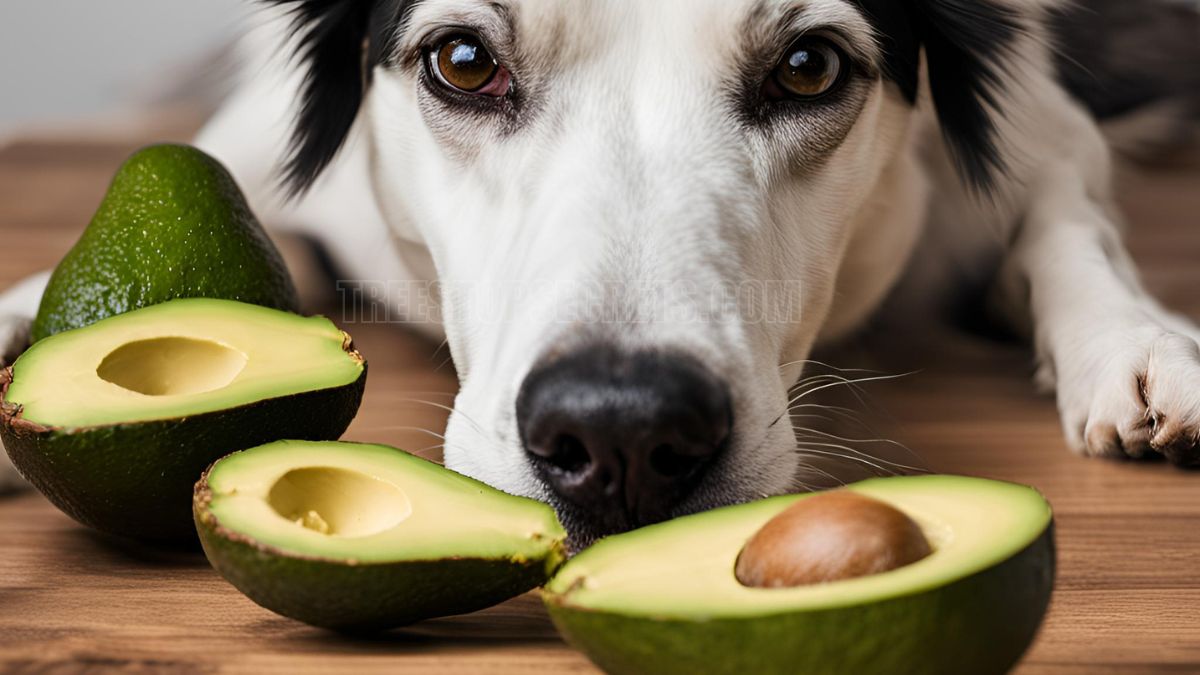
Love avocados? Me too! But while these green delights make our hearts sing, they can spell trouble for our furry buddies. Let’s break down which parts are bad news for dogs.
Avocado Pits: Watch Out!
Those big ol' avocado pits aren't just nature's way of making your guacamole prep harder; they pose serious risks to our pups. If a dog gobbles one down, you’re looking at a potential gut blockage. And trust me, it could turn into a nasty mess possibly requiring surgery (PetMD).
Even worse, avocado pits can choke a dog if they try to chew on them. Picture this: Fido going for the pit, then – bam – potentially dangerous situation, panic ensues, maybe even a frantic vet visit (American Kennel Club).
Here’s a quick wrap-up of the risks with avocado pits:
| Risk | Description |
|---|---|
| Gut Blockage | Pits don’t break down easily, might need surgery (PetMD) |
| Choking Hazard | Chewing one can be life-threatening (American Kennel Club) |
Avocado Leaves and Skin: Keep Away!
Now, let’s talk avocado leaves. They’re super toxic. Loaded with persin, this stuff is bad news for dogs. If they munch on leaves, they might get really sick (Wag Walking).
The skin, while not as venomous, still packs a punch. It can upset your dog’s tummy, leading to a diarrhea and vomit fest. Not really the vibe you want when sharing snack time, right?
Here’s the lowdown on avocado leaves and skin:
| Part | Risk Level | Description |
|---|---|---|
| Avocado Leaves | High | Persin content is sky-high, very toxic (Wag Walking) |
| Avocado Skin | Moderate | Causes tummy troubles (Wag Walking) |
The takeaway? While we can love our avocados, it’s best to keep all parts of them well out of reach of our doggos. Better safe than sorry!
Avocado-Related Health Issues
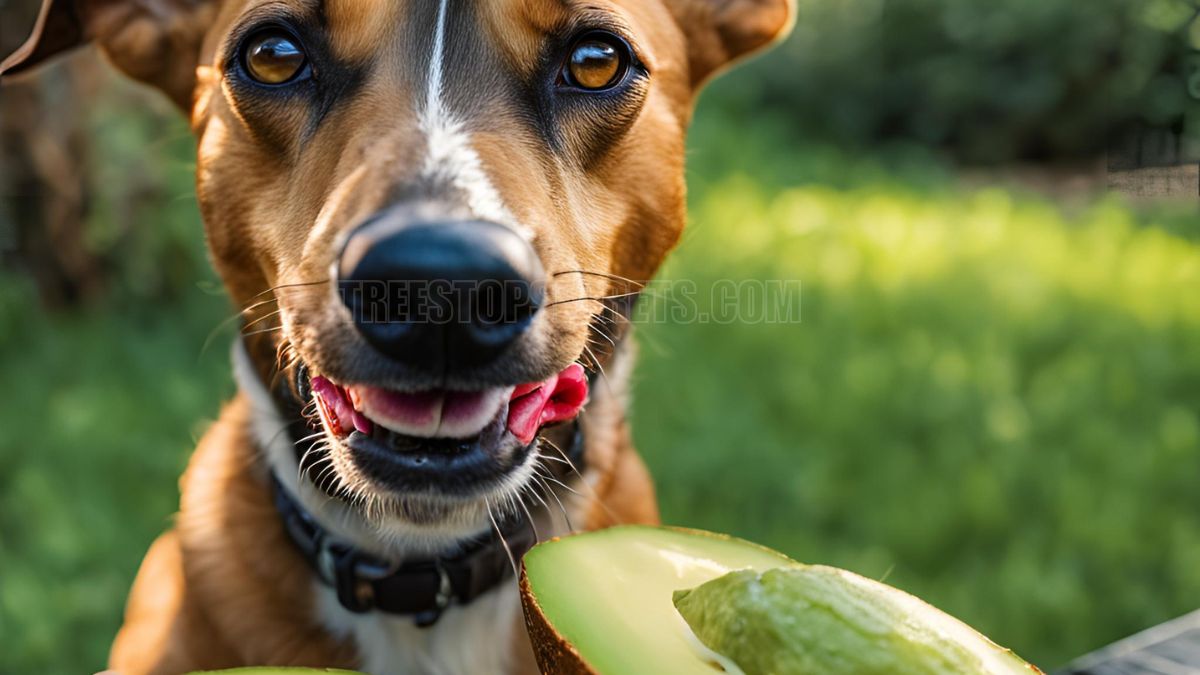
Pancreatitis Risk
Avocado pulp might not be toxic, but it's loaded with fat, which is a big no-no for our furry pals. A dog eating avocado can end up with pancreatitis, a nasty inflammation of the pancreas that can be both harmful and, occasionally, fatal. Even a small snack of this fruit can set off pancreatitis in dogs that are prone to it.
Let’s break down the risks:
| Type of Avocado | Fat Content | Risk of Pancreatitis |
|---|---|---|
| Avocado Pulp | High | Increased Risk |
| Avocado Oil | Highest | Significantly Higher Risk |
Also, feeding your dog high-fat meals, in general, can make this risk even worse.
Choking Hazards
Another scary thing about dogs and avocados is the chance of choking. The pit is the real villain here—it doesn't break down in a dog's stomach and can block the intestines. Sometimes, it even means surgery.
Worse yet, if a dog bites into that pit, it can get stuck in their throat. This leads to serious trouble and could need immediate vet attention.
To keep our pets safe, I always stash avocados out of reach and make sure everyone at home knows they’re off-limits for the dog. Here are the key risks with avocado stones:
| Risk | Description |
|---|---|
| Gastric Blockage | Serious health issue, might need surgery. |
| Choking | Immediate airway blockage, needs urgent care. |
Knowing these risks and taking steps to avoid them helps ensure my dog stays happy and healthy.
Treatment Costs & Prognosis
Vet Bills: How Much to Save?
So, your dog decided avocado was a tasty snack. What's next on your mind? Probably the cost of getting them back in shape. Vet bills for avocado mishaps can be a mixed bag. On average, you're looking at about $200, but it can swing anywhere from $100 to $1,500 based on how bad things are and what needs to be done (Credit: Wag Walking).
| Treatment Type | Price Tag |
|---|---|
| First Vet Visit | $50 - $200 |
| Mild Poisoning Fix | $100 - $300 |
| Severe Case Care | $500 - $1,500 |
Recovery: What to Expect
Good news: most dogs bounce back from avocado poisoning pretty well. It's all about how serious the symptoms are. No big deal if it's just some mild discomfort, but if your dog swallowed the stone, that's another story—blockages are a bit more tricky (Credit: Wag Walking).
| Recovery Situation | Outlook |
|---|---|
| Mild Symptoms | Looking Good |
| Medium Symptoms | Fair to Good |
| Severe (if blockages) | Could Vary, Quick Action Helps |
Knowing these details helps you breathe a little easier. Speed is your friend here; get to the vet quick to make sure your furry buddy has the best shot at a speedy recovery. Keep your vet's number handy, just in case.
Safe Alternatives and Precautions
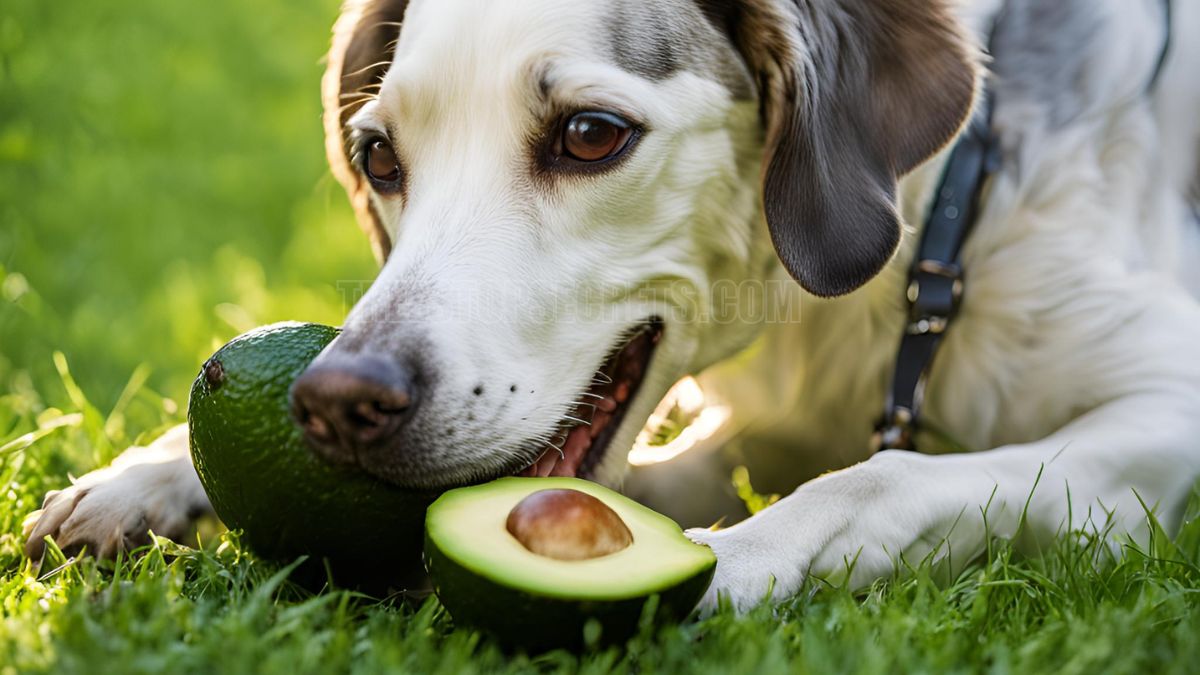
Keeping my dog safe around avocados is super important. Here's how I do it, with some handy swaps and smart measures.
Avocado Substitutes
Yeah, avocado might be healthy, but its high-fat content can be risky for dogs, like leading to pancreatitis (thanks, PetMD). Fortunately, I've found some safe and tasty alternatives:
| Substitute | Why It's Awesome |
|---|---|
| Sweet Potatoes | Cooked Sweet Potatoes are packed with vitamins and fiber. Dogs love 'em! |
| Pumpkin | Plain, cooked pumpkin is great for digestion and totally dog-approved. |
| Carrots | Raw or cooked, these are loaded with vitamins and are low in calories. |
| Green Beans | These are low-cal and nutrient-rich. Just cook 'em up, no seasoning. |
| Peas | Fresh or frozen, peas pack a protein punch and make a fun snack. |
Dog-Proofing Measures
Keeping my dog away from avocados and other no-nos is key. Here's my game plan:
| Measure | What I Do |
|---|---|
| Educate the Fam | Everyone in my house knows not to feed the dog avocados or other risky human foods. |
| Dog-Proof Trash Cans | I use cans with secure lids so my dog can't go dumpster diving. |
| Keep Avocados Up High | Avocados go in high cabinets or places my dog can't reach. |
| Stock Up on Safe Treats | I always have a stash of safe dog treats for when they beg at the table. |
| Watch During Meal Prep | I keep an eye on my dog while cooking to prevent any sneaky snacking. |
By following these swaps and strategies, I keep my dog safe and happy with yummy, safe treats. No more avocado worries here!
Final Thoughts:
What Happens if a Dog Eats Avocado?
If your dog eats avocado, it's important to monitor them closely for any signs of distress. Avocado contains persin, which can be harmful in significant amounts. While a small bite may not be fatal, it's safer to avoid giving avocado to your dog altogether. Always consult with your veterinarian if you're concerned about your pet's health or if they've ingested something potentially toxic.
FAQs about What Happens if a Dog Eats Avocado
Q: What symptoms should I watch for if my dog eats avocado?
A: Symptoms to watch for include vomiting, diarrhea, and abdominal pain. In severe cases, your dog might exhibit signs of distress or lethargy. Immediate veterinary attention is recommended if these symptoms occur.
Q: How much avocado can a dog safely eat?
A: It’s best to avoid giving your dog avocado entirely. Even small amounts can cause digestive upset or more serious health issues due to the persin content.
Q: What should I do if my dog accidentally eats avocado?
A: If your dog consumes avocado, monitor them for any signs of illness and contact your veterinarian for advice. The vet might suggest bringing your dog in for an examination or treatment depending on the amount ingested.
Q: Can avocado cause long-term health issues for dogs?
A: Prolonged exposure to avocado or large quantities can lead to chronic digestive issues and other health problems. It’s best to avoid avocado to prevent any potential long-term effects.
Q: Are there any other fruits that are unsafe for dogs?
A: Yes, fruits like grapes, raisins, and citrus fruits can also be harmful to dogs. Always research and consult your vet before introducing new foods into your dog's diet.
Q: How can I keep my dog safe from harmful foods?
A: Educate yourself about toxic foods and keep them out of your dog's reach. Regularly consult your vet for guidance on safe and healthy treats for your pet.
Image Source: Paid image from CANVA

